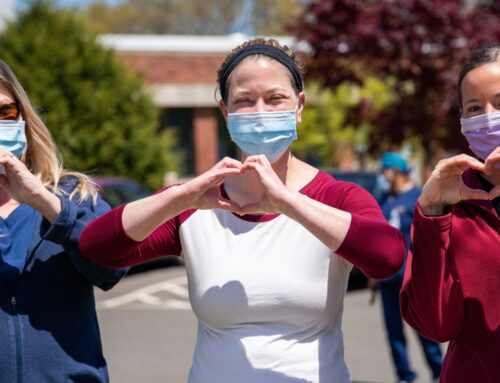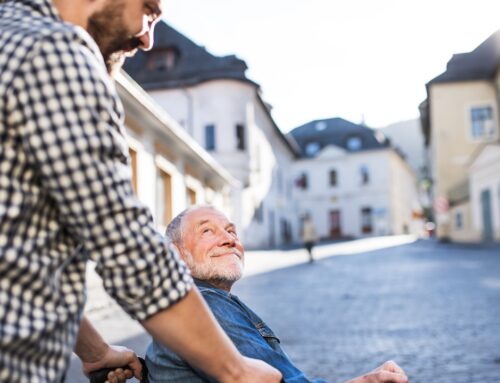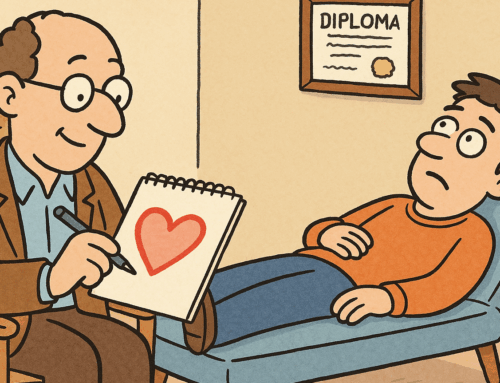Boosts to life satisfaction and physical and mental well-being.
The research on the power of kindness isn’t good, it is overwhelmingly great! It shows that there is a myriad of benefits we receive from being kind. In an article From Psychology Today, by Dr. Robyne Hanley-Dafoe, she describes some of the benefits kindness has on our levels of happiness. Not only does Dr. Hanley-Dafoe tell us how kindness helps, she shares with us ways we can access those benefits with tangible advice on how to practice kindness. Read more about it below.
Kindness is about showing up in the world with compassion and acting for the greater good of all. While being nice is about being polite, pleasant, and agreeable and doing what we think we should, kindness goes a step beyond.
Kind humans know that life is hard, messy, and complex. Yet they understand that people are doing their best with the tools, resources, and experience they carry. Charles Glassman captured this by saying, “Kindness begins with the understanding that we all struggle.”
Many people view kindness as a weakness, but it’s quite the opposite. It is a sign of strength. It is moving from “me” to “we,” seeing the bigger picture, and loaning someone your strength and support. Supporting someone by doing whatever you can, wherever you are, with whatever you have is a sign of who you are—a kind human.
Kindness is doing the things that may go without acknowledgment and thanks. Authentic and intentional kindness doesn’t expect anything in return. We can practice kindness for kindness’ sake, not for the personal gain or the approval of others.
Kindness is a universal language that can bring people together regardless of age, race, ethnicity, religion, status, and identity. The good news is that it’s completely free too! I don’t think the saying “kindness makes the world go ‘round” came about without reason.
Benefits of Kindness
Most of us will have heard that “doing good is good for you” or “it’s better to give than to receive.” It may be a surprise to learn that the research genuinely supports this. When we show up for others kindly, the benefits go both ways. Practicing kindness for the sake of kindness is one of the greatest gifts we can give to others and ourselves.
Research shows that being kind boosts the production of the feel-good hormones (serotonin and dopamine), which give feelings of satisfaction and well-being, and activate the pleasure and reward areas in the brain of the givers and receivers. Endorphins, the body’s natural painkiller, can also be released and contribute to a “helper’s high.” Kindness also fosters our sense of belonging and helps us build and strengthen our relationships (Hamilton, 2017).
Research shows that performing acts of kindness and helping others improves the happiness of the helper (Curry et al., 2018; Hamilton, 2017). A study by Rowland and Curry (2019) found that people who performed kindness activities for seven days experienced greater happiness. The increase in happiness was true whether the social tie was a friend, family member, stranger, or themselves. As you might expect, the more kind activities one does, the greater the boost in happiness. Even just observing acts of kindness had positive effects on one’s happiness.
In his book, The Five Side Effects of Kindness, David Hamilton discusses how we experience the effects of kindness throughout our entire nervous system. He suggests that kindness is good for the heart because the warm feelings we get help to generate oxytocin, which can reduce our blood pressure and stress hormone, cortisol. He also supports the idea that kindness is contagious and how acting kindly can create a ripple effect and inspire others to do the same.







